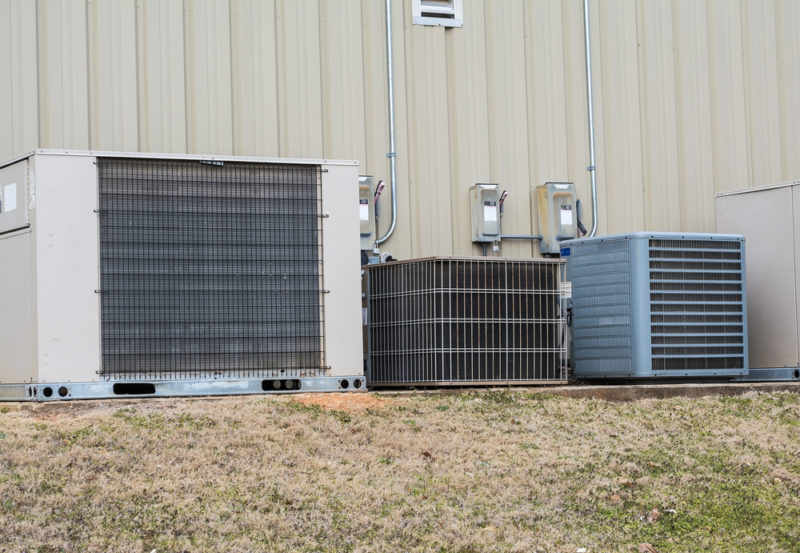An air conditioner is just an air conditioner, right? Someone just installed it before you moved here to Houston, Texas, and it keeps your home cool. As long as it does that, you won’t give it much thought. HVAC systems tend to get forgotten (as long as they’re working right, at least), but an AC unit with a duct network, while effective, isn’t the only type of HVAC system out there. Who knows, you could really be missing out.
Finding the HVAC system that fits your lifestyle will personalize your home and raise efficiency and comfort. So without further ado, let the HVAC showdown begin.
Central HVAC System
This is the bread and butter of HVAC systems, the one that most new homes receive when they’re built. Why are they the most common form of heating and cooling? Because they’re tried and true. But that doesn’t mean they’re perfect. A central HVAC system consists, usually, of an air conditioning unit connected to an outdoor condenser unit and a separate furnace. Sometimes, the air conditioner and furnace can come packaged together. Air is heated or cooled through either the AC or furnace and then distributed throughout the home via the duct network.
Central systems, if fitted correctly to the needs of the home, are powerful. You can rely on a central system to effectively heat and cool your home, no matter what the temperature is outside. All types of HVAC systems require some maintenance, but in order to continue running efficiently, central systems need maintenance regularly. A central system is also among the least efficient of the systems competing in this showdown.
Heat Pump
Remember how the central system separates the furnace and air conditioner? Heat pumps combine them, acting like a refrigerator that can perform in reverse. When you want to cool your home, heat pumps draw warm air out of your living space and distribute it outside. If it’s the dead of winter and you want your home warmer, the heat pump can reverse the process. This makes heat pumps far more efficient than central HVAC systems.
But heat pumps come with a catch: They tend to be less powerful than central systems. That means when temperatures reach extreme highs or lows, a heat pump may not efficiently be able to heat or cool your home, which not only leaves you less comfortable, but it also cuts back on a heat pump’s efficiency benefits.
Geothermal Heat Pump
While regular heat pumps exchange heat with the air, geothermal heat pumps exchange heat with the ground. A few feet below the surface, the earth remains a relatively consistent temperature year-round, making it the perfect source for both heating and cooling. Exchanges are made through rods placed under your yard, which can be expensive to install. But if you’re willing to fork over the cost of installment, you’ll enjoy one of the most efficient types of heating and cooling, and they last much longer than conventional systems. Thanks to lower utility costs, you’ll likely make that installment cost back.
Ductless Systems
All of the above systems rely on a duct system to distribute air throughout a home, which can be effective but also problematic. Leaks can form in ducts, reducing efficiency and indoor air quality. Ductless heating and cooling eliminates this problem by, well, eliminating the ducts. Instead, the indoor air handling unit sits on your wall and blows air directly into the living space. This makes ductless units far more efficient and cheaper to operate than central systems.
Having the indoor air handling units in your rooms can be both a strength and a weakness. With individual units throughout the home, you can personalize the heating and cooling in every area (or “zone”) of your house. Unfortunately, if you want to keep your entire home cool with ductless systems, you’ll have to install quite a few, and that can quickly get expensive.
Your HVAC system is more than just an invisible supplier of cool air. It plays a significant role in determining the efficiency, comfort, and air quality of your entire home. If you’re in the market for a new system, we’ll help you find the one that fits your lifestyle, call Maxx AC at (281) 338-2653.
Image provided by Shutterstock


